تاپیک Study یکی از چهار موضوع متداول در آزمون اسپیکینگ آیلتس هست که در اون راجعبه رشته تحصیلی و دانشگاهتون حرف میزنید.
با سه تاپیک دیگه در درسهای Work, Home و Hometown آشنا شدید.
یکی از ظرایف جواب دادن به سوالات اسپیکینگ اینه که از discourse markerها استفاده کنید.
کلمات و عباراتی که جملات، ایدهها و پاراگرافها رو بهم مرتبط می کنن؛ مثل in conclusion, frankly, nonetheless و خیلی چیزای دیگه.
این درس با کلی نمونه و مثال بهتون یاد میده چطوری ازشون استفاده کنید.
اگه سطح مبتدی هستید پادکست ۴۳ و ۴۲ از کتاب Oxford Word Skills رو گوش کنید.
Talk About What You Study
Degree – as a qualification – is a title given to students by a college, university, or professional school on completion of a program of study:
e.g. She earned her four-year degree.
He has a business degree.
Types of Degrees
▪️Associate’s Degree
An associate’s degree is given to a student who has completed two years of study at a college, or university.
e.g. She has an Associate’s degree in Hotel Management.
▪️Bachelor’s Degree
Bachelor’s is often a four-year degree, depending on the course or the institution.
Both associate’s and bachelor’s are undergraduate degrees.
Also, the student or the graduate is called an undergraduate or undergrad [infml] for short.
e.g. Most undergrads are in their early 20s.
▪️Master’s Degree
Master’s is also an academic degree that requires you to demonstrate mastery over a specific field of study or professional practice; hence, the word master’s which will be further discussed below.
e.g. I’m still a master’s student so I work part-time.
▪️Doctoral Degree
A doctorate or a doctor’s degree is often a research degree that qualifies the holder to teach at university level in the degree’s field or to work in a specific profession.
There are a number of doctoral degrees; the most common one is the Doctor of Philosophy or Ph.D., which is awarded in many different fields, ranging from the humanities to scientific disciplines.
Doctoral and master’s degrees are postgraduate or graduate education.
Verb Collocations with Degree
Among all verb collocates, hold is somewhat formal as in دارنده مدرک فلان which sounds awkward at least in a face to face talk.
But, you’ll never go wrong with have or have got in speaking:
e.g. I’ve got a bachelor’s degree in history.
Also, take and get are commonly used as well, though in a slightly different sense:
e.g. He took a degree in law and then joined a law firm.
It mainly refers to the completion of the course or program and receiving the degree.
‘S in Master’s Degree, what is it for?
Some students mistake the apostrophe s for plural s; while it is actually possessive, meaning that the graduate is a master of the subject she/he has studied.
I borrowed this helpful explanation from the Grammarly website:
MA or MSc, Which should I use?
The main difference between a Master of Arts and a Master of Science degree is that an MA applies to arts and humanities degrees whereas an MS applies to scientific and technical degrees.
A Master of Science degree is typically granted for studies in sciences, engineering, and medicine that are more focused on scientific and mathematical subjects.
However, it ultimately depends upon the specific program.
Questions about Study in IELTS
In this part, we’ll explore different ways of responding to questions on the IELTS Speaking test about the subject you study or have studied.
Tell me about any work or study you have done.
A foolproof answer would be: I have studied X and now I work as a Y in Z company.

e.g. I have studied Software Engineering and now I work as an IT technician at Zomorod company.
Wondering what ‘foolproof’ can mean?! Here is the definition:
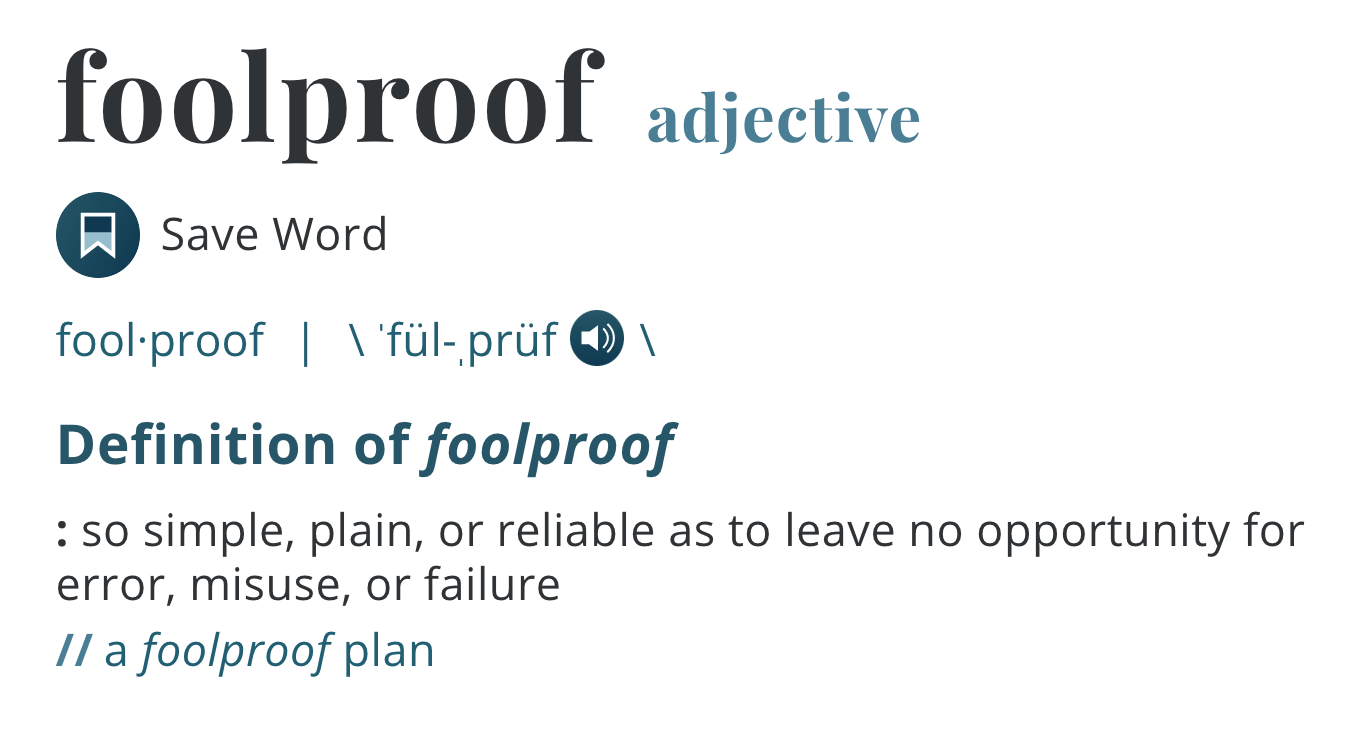
What did/do you study?
If you’re still a student, say:
I’m a student in X at Y University.
e.g. I’m an Architecture student at Azad University.
Additionally, you can give information about your level of study:
I’m a bachelor’s student in Mechanical Engineering at Amirkabir University.
I’m a master’s student in Psychology, at Beheshti University.

If you have just finished school, feel free to use the idiom fresh out of/from:
I’m an IT engineer fresh out of college.
I’m a chemistry graduate fresh from school/university.
If you work in the field of your study, say:
I majored in X and now I work as a/an Y at X company.
e.g. I majored in Biotechnology and now I work as a Microbiologist at Abidi Company.
To give a bit of a lengthier reply, say how many years you’ve studied the subject:
I have studied X for N years at Y university and now I work as a/an Y in X company.
e.g. I have studied Biotechnology for 8 years at Tehran University and now I work as a Microbiologist in Abidi Company.

If you are a business owner, say:
I run my own business.
I own a company in X field.
I run a company in X field.

Keep in mind that, since you work in the same area as you studied, the use of present perfect is denoting this relation.
If you studied one area but work/ing in another, say:
I majored in X but I work in the Y industry/field because I have always been interested in Z.
e.g. I majored in psychology but I teach IELTS because I have always been interested in English.

By giving reason(s) as to why you changed field you can add to the length of your response. So, don’t skip that!
Also, ‘X graduate’ works:
I’m a Psychology graduate but I teach IELTS.
Now, let’s see how this simple answer can be enhanced effortlessly:
I have a degree in psychology but I teach IELTS because I have always been obsessed with English as a language.
Remember, the use of past simple indicates the action is completed in the past, e.g. you finished school but started to work in a different area.
Some candidates would use present continuous to talk about their job:
I majored in X but I am [currently] working as a Y in Z company.
The use of present continuous implies that it’s a temporary job and you may not stay in the same position/field/company in the future.
Where did you study that?
You might know already that an extended response goes a long way on the IELTS Speaking test.
So instead of saying e.g. ‘I went to Azad University’ and then giving the examiner a blank look as if that’s all they need to know, give a brief description of the school you went to.
If the school was good, add:
… which is an elite university
… which is a leading university
… which is a major university
… which is a prestigious university
… which is a top university
… which is a high ranking university
e.g. I attended Allameh University which is a leading academic institution, especially in the Humanities and Social Sciences.
If your school was just OK, say:
… which is a mediocre school …
Moreover, you could talk about دانشگاه آزاد or دولتی using words like:
a private school/university
a state-run school/university (also: just state)
Or use a combination of those:
… which is a mediocre private university …
… which is a high ranking state-run university …
Meanwhile, avoid repeating ‘I studied’ over and over by using phrases such as:
I went to X University, which is a …
I attended X University, which is a …
I graduated from X University, which is a …
Did you enjoy studying that?
If you tend to say YES :)
I had a really good time at university, because …
I had a great university experience, mainly because …
I think I did, for the most part, especially [because] …
Few ideas:
Because it was the area of my interest …
Because I had great classmates and friends OR I got on really well with my classmates.
On a side note, I’d like to share a part of my chat with Shina – my cousin – on where you put really in a sentence can really make a difference!
I asked if there are any synonyms, something that native speakers would use instead of classmate in their conversations:
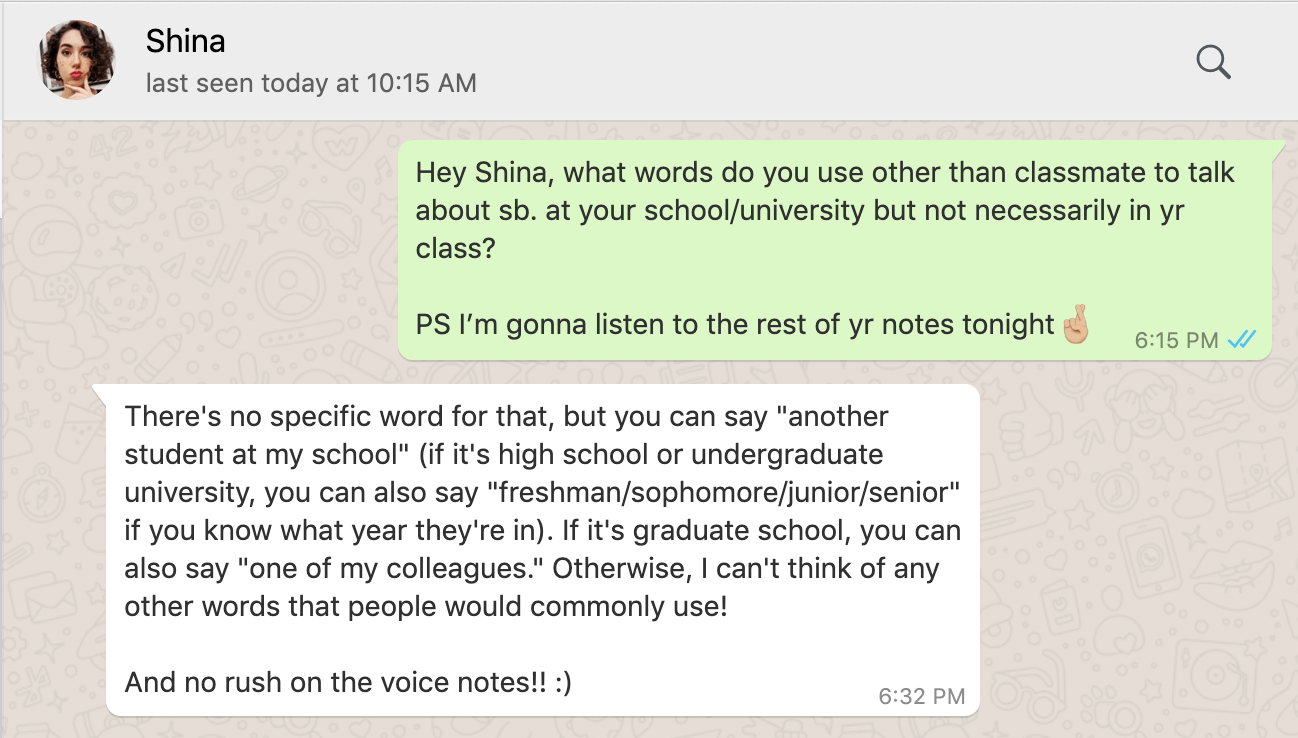
As a way of clarification, I asked if an example works across various contexts:
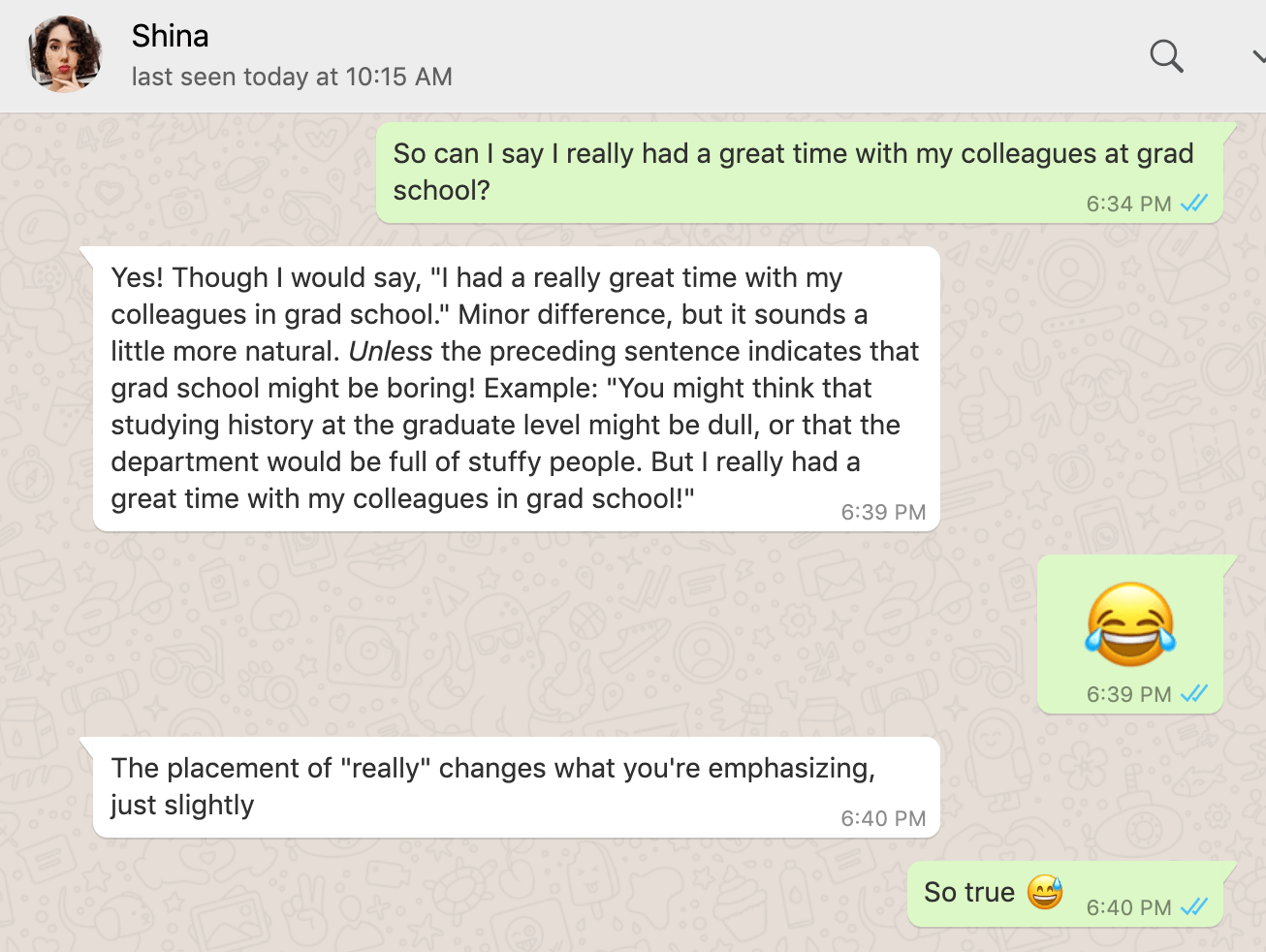
If you tend to say NO :(
Back to the topic, If you’re asked whether you enjoyed your time at school or university and you did not:
Actually, I didn’t, because …
Honestly, I didn’t, because …
Frankly speaking, I didn’t, because …
Frankly, I did not like the university because …
To be honest I did not really have the best school experience, because …
Notice where I placed the adverb ‘really’?
Few ideas to explain why:
The coursework was too much …
The exams were difficult …
The atmosphere was unfriendly or hostile …
If you tend to say SO SO :|
Although the exam days were difficult/challenging/horrible …
e.g. Despite the fact that it was a difficult subject, I did not really have a hard time studying it, because I was passionate about the subject.
To have a hard time with sth. is one of my favorite idioms in English, just so you know!
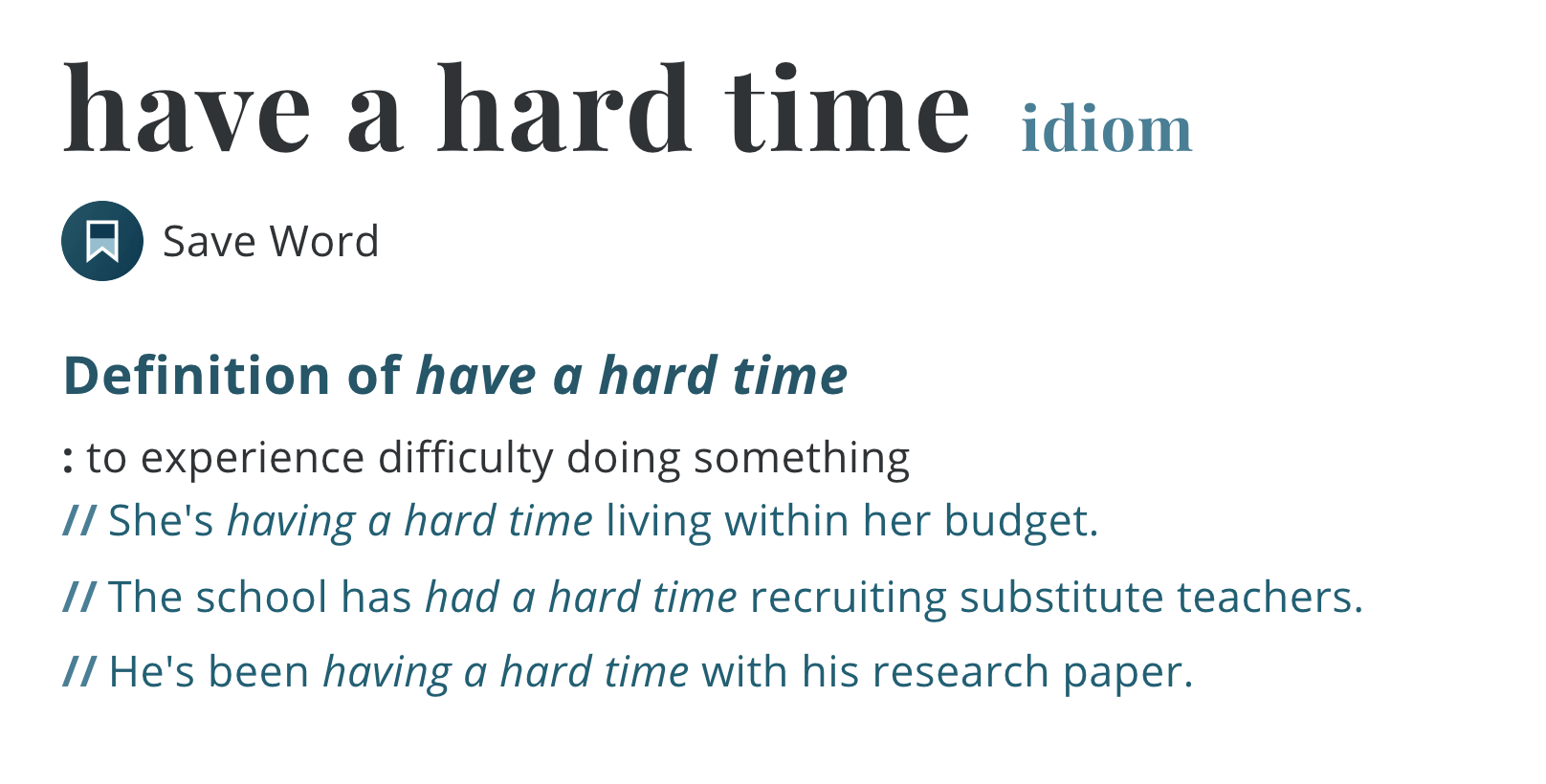
Is/Was it a difficult subject?
If you tend to say YES :(
e.g. I’d say yes, it is/was pretty challenging, because …
If you tend to say NO :)
e.g. I wouldn’t say so, because …
If you tend to say SO SO :|
e.g. Both yes and no, the challenge/hardship is/was mostly for x, but apart from that, I’d say it was not too difficult.
Why did you choose to do this?
The easiest way to tackle this boring question is to give a boring answer like:
I have always been fascinated by …
I have always been obsessed with …
I have always been drawn to …
I have always been intrigued by …
However, in case you have a personal story on how you got into the field/subject, by all means, go ahead and share it with the examiner!
Is it a popular subject in your country?
If you tend to say YES :)
e.g. Yes, Computer Programming is a highly sought-after degree, mainly because …
If you’re wondering what sought could mean, it’s the past participle of seek.

e.g. Of course, doing a degree in Computer Programming is a dream for many, because …
Few ideas to explain:
e.g. There are lots of job opportunities …
e.g. X professionals are highly in demand …
e.g. Computer programmers are highly in demand …
e.g. It’s a lucrative or high paying job …
e.g. X professionals are well respected in society …
If you tend to say NO :(
e.g. Not really, and the reason is that …
e.g. I don’t think it is known by many, mainly because …
Few ideas to explain:
e.g. There are not so many job vacancies for graduates …
e.g. There are not as many job opportunities as there are graduates …
e.g. It will not necessarily land you a high-paying job …
A side note: to land a job, idiomatically means to get a job.
If you tend to say SO SO :|
With those who are really into X (e.g. biology), yes, but generally speaking it’s not very well-known, mainly because …
What would you like to study in the future?
Whether you want to go back to school or not, start with a discourse marker such as:
Well/Frankly/Honestly/To be honest, Definitely, Probably, I think, etc.
‘Like I said earlier’ fits if only you’ve already mentioned something and now you want to make reference to it.
e.g. Like I said earlier, I have a Bachelor’s in Sociology, so …
If you prefer to sound more formal and sophisticated, use:
As I mentioned earlier …
As far as the idea or the information goes, you can say:
I’d like to pursue a degree in X, mainly because …
I’d like to do a Ph.D. in X, mostly because …
I have always wanted to become a/an …, So …
I am planning/going to do a course in … which is …
Actually, I am applying for a master’s program in X subject/field.
e.g. I am applying for a master’s program in Accounting.
Honestly speaking, I don’t think I would want to pursue my studies any further, because …
To be honest, I’m not sure if I want to do another degree, but/because …
Actually, I haven’t really thought about it yet, but/because …
What did/do you like most about your school?
As always, start with rephrasing the question into a statement using words other than those of the examiner:
What I really appreciated about X University is that …
One thing I really enjoyed was that …
What I really loved about X University was that …
What I really take pride in is that X University …
X University is known for …
Then go on and add the meat, the information-carrying words:
It’s a well-respected university … (don’t forget to support this by evidence)
It’s among the top 3/5/10/… universities in the country.
You can also talk about the academic personnel using the adjectives below:
eminent: standing above others
distinguished: marked by excellence
e.g. What I’m really grateful for, is having had the chance of learning from the eminent faculty members and professors at X University who are the bests in their fields of expertise and have made a mark in the life of many students including me.
I know! but it’s just a sample response, you don’t have to! unless you’re a 7+ candidate.
If this is all too much for you, why don’t you go ahead and talk about your awesome, supercool classmates whom you had so much fun with!?
e.g. I had a really great time at school all because of my fun-loving classmates/colleagues.
IELTS Speaking Questions About Study
Part 1
▪️Can you tell me about any work or study you have done?
▪️What did/do you study?
▪️Where did you study that?
▪️Do/Did you enjoy studying it?
▪️Is it a difficult subject to study?
▪️Why did you choose to do this?
▪️Is it a popular subject in your country?
▪️What was your first day like?
▪️Would you change to another subject If you could? what would it be?
▪️Do you plan to use the subject you are studying in the future?
▪️What is the most difficult part of your subject?
▪️What would you like to study in the future?
▪️Why did you choose your university?
▪️What do you like most about your school?
▪️What kind of work or study will you do in the future?
▪️What is your favorite subject?
▪️What kind of school did you go to?
▪️What was your favorite subject at school?
▪️What is the best thing about your university/school?
▪️What part of university life do you like best?

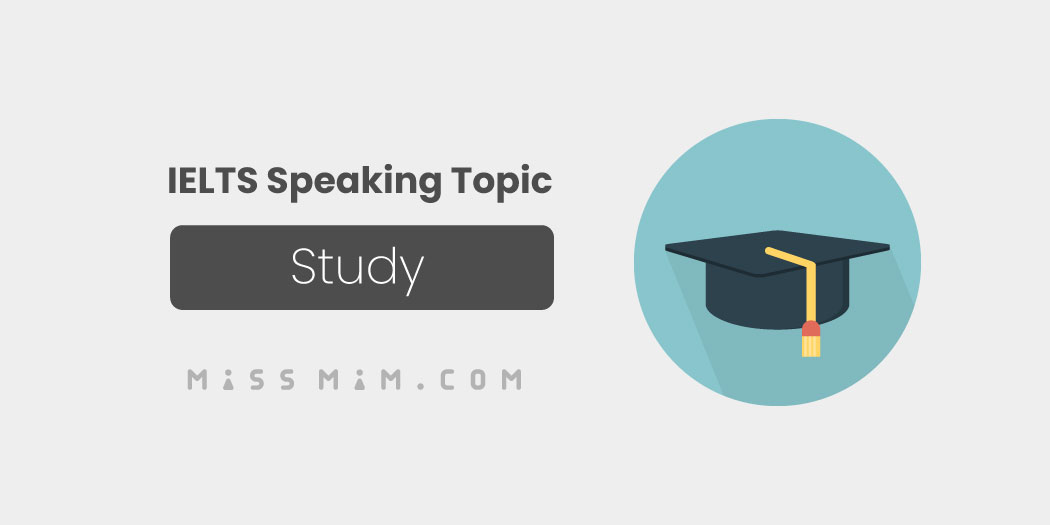


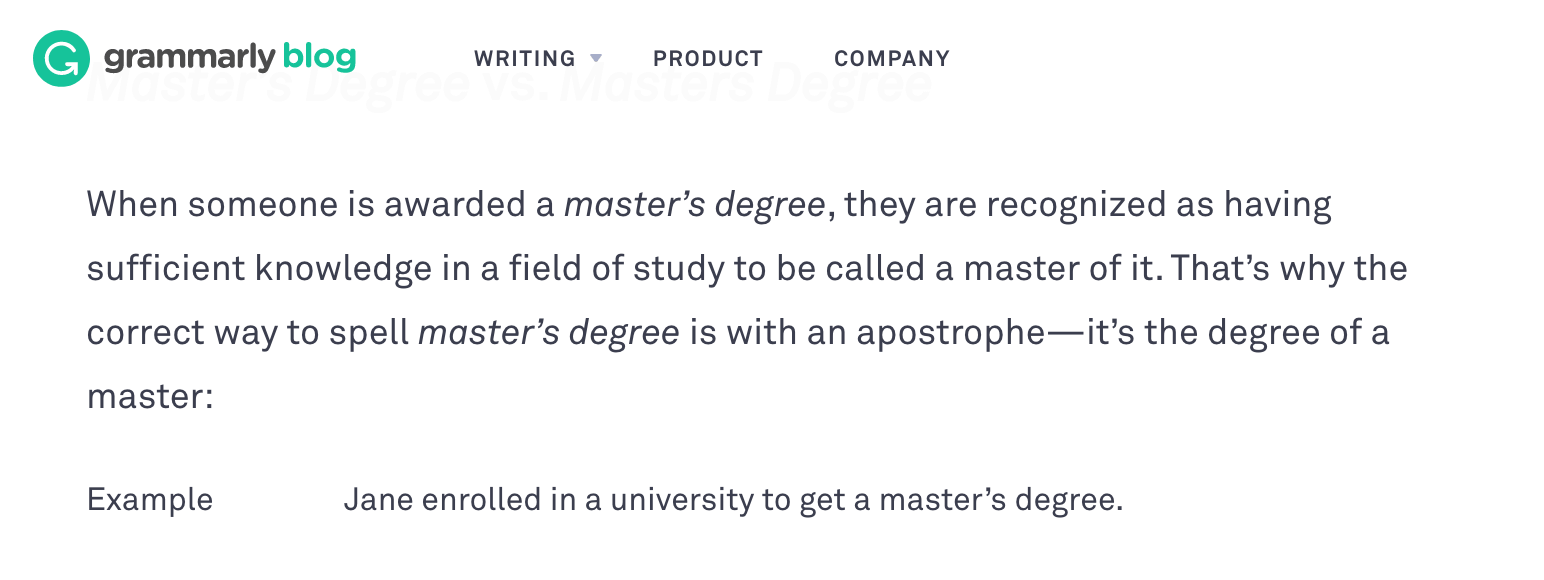

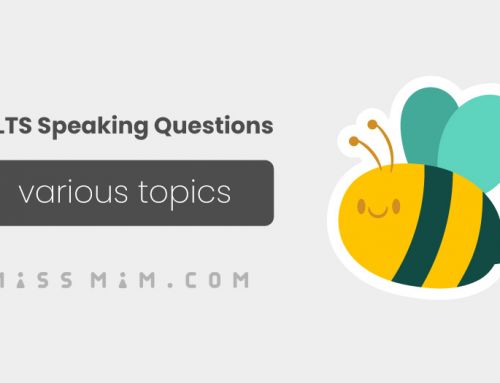
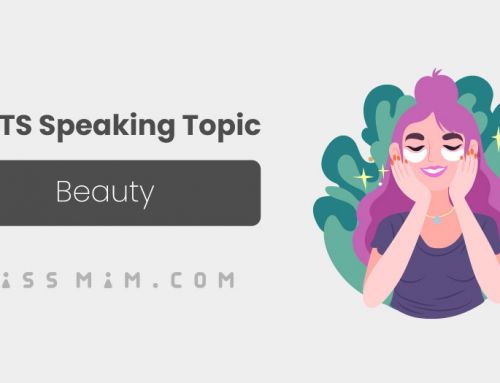
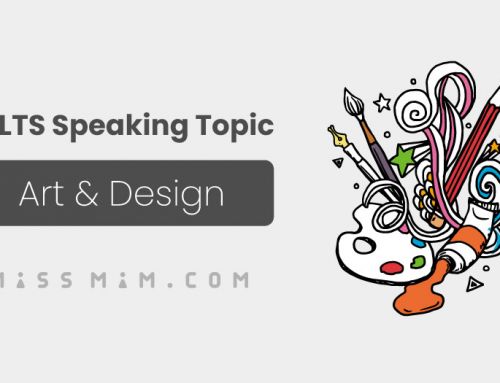
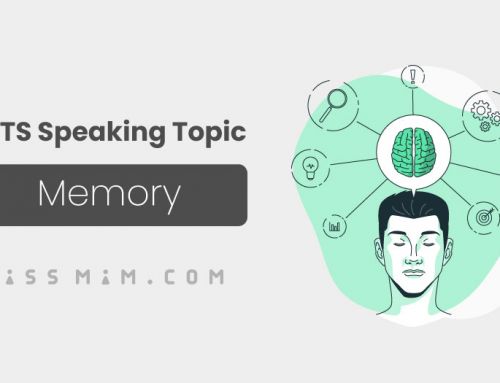
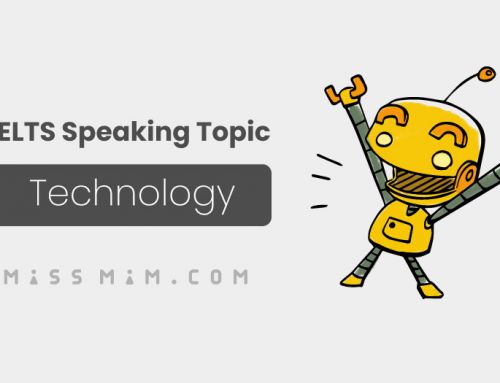
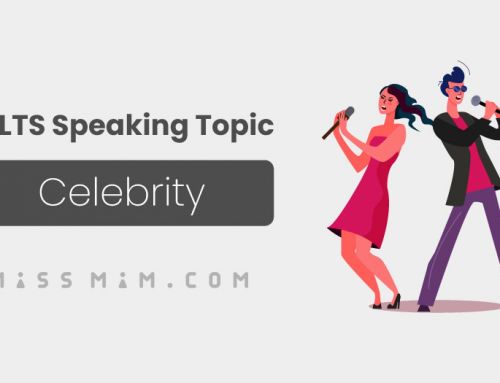
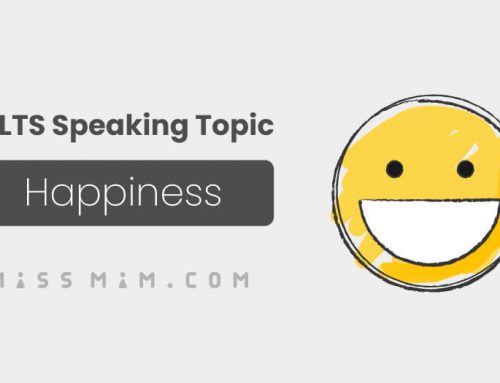
ثبت ديدگاه